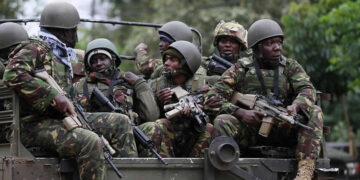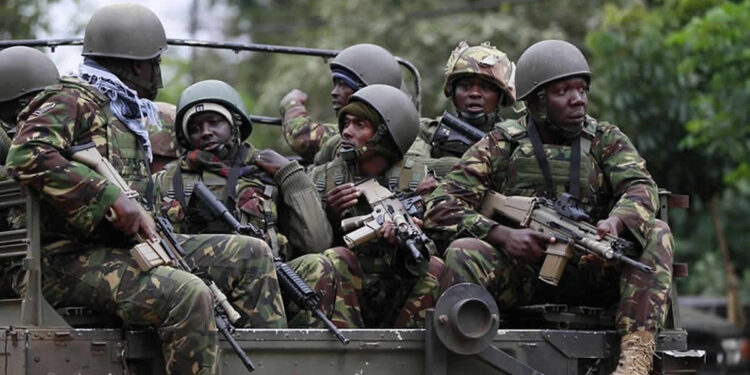Islamist militants from Burkina Faso are discreetly using Ghana’s northern regions as logistical support bases, according to Ghana’s ambassador to Burkina Faso.
In recent discussions with Reuters, the ambassador highlighted the militants’ reliance on Ghana for supplies and medical support, as Burkina Faso loses control of more territory to the pro-al Qaeda group Jama’at Nusrat al-Islam wal-Muslimin (JNIM).
Ghanaian security officials and diplomats, along with six additional sources, confirm that the fighters are using northern Ghana to stockpile food, fuel, and even explosives, as well as access local hospitals for medical treatment.
A report from the Netherlands Institute of International Relations, Clingendael, suggests Ghana may have a “de facto non-aggression pact” with JNIM.
High-ranking government sources in Ghana imply that while militants are not staging attacks from within Ghana, they are reportedly present, making logistical arrangements, and conducting occasional recruitment.
“This is really serving as a wake-up call,” Kars De Bruijne from Clingendael noted, pointing to multiple incidents where JNIM-affiliated individuals were spotted in Ghana.
With Ghana’s general election scheduled for December 7, security concerns are heightened. Ghanaian officials are reportedly eager to prevent any attacks that could disrupt the vote.
According to De Bruijne, JNIM may avoid launching attacks in Ghana to preserve a strategic base. “
JNIM, at the same time, they’re going to face… a really committed, strong army,” he added, stressing that the militants may refrain from endangering their own supply lines and operational safe haven.
Ghana’s ambassador to Burkina Faso has refuted claims of any agreement with the jihadists, asserting that Ghana is working closely with Burkina Faso to “flush them out.”
The Information Ministry declined to comment on the alleged pact.
While Ghana remains one of the few nations in the region not yet targeted by major attacks, the porous borders shared with Burkina Faso leave it vulnerable as insurgencies gain ground across the Sahel, which has become a focal point for terrorism as al Qaeda- and Islamic State-aligned factions expand their reach.

































